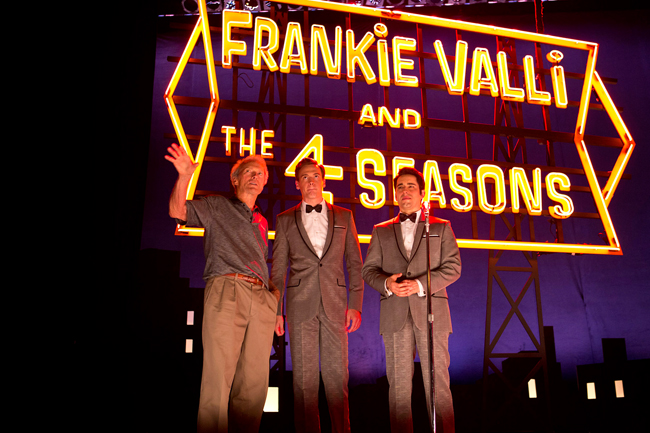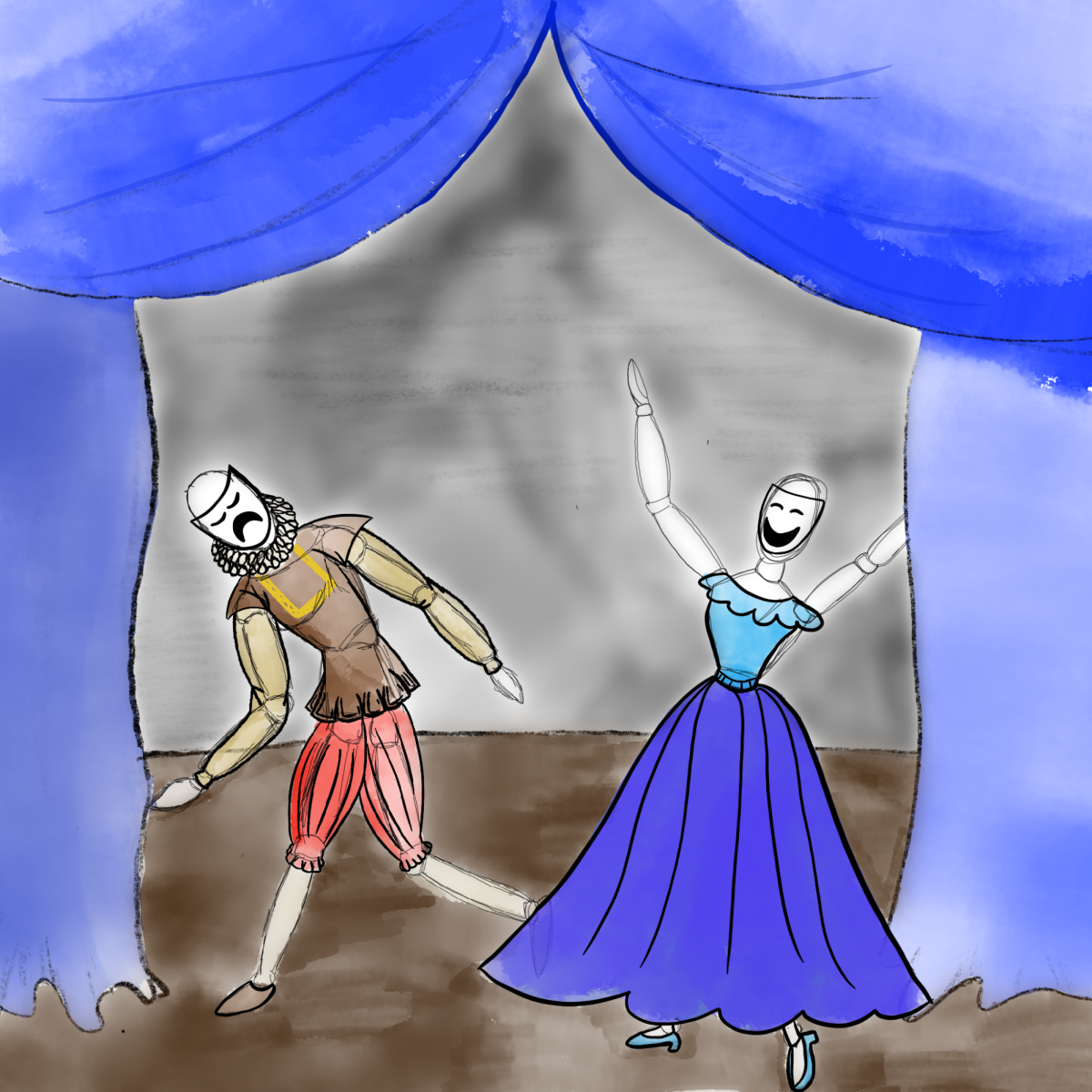There’s no question that Clint Eastwood is one of the great American filmmakers, if only for the unsparing self-reflection of “Unforgiven,” which single-handedly psychoanalyzed an entire genre in hugely entertaining fashion. But watching “Jersey Boys” makes one question Eastwood’s legendary status, or why he was interested in making such a tepid film that stifles strong music under plodding character arcs and wholly uninspired direction.
Adapted from the famous stage show, “Jersey Boys” tells the story of Frankie Valli (John Lloyd Young) and the Four Seasons, charting their trajectory from criminal antics in the streets of 1960s Jersey to their induction into the Rock and Roll Hall of Fame in 1990. The challenges the group faces include strife between founder/manager Tommy DeVito (Vincent Piazza) and songwriter Bob Gaudio (Erich Bergen), along with DeVito’s mounting debt to the mob.
Most of the cast was plucked off Broadway for the film, many of them reprising the roles they originally played. John Lloyd Young won a Tony for his performance as Frankie Valli in the show’s original run, but totally fails to register here. He has got a remarkable singing voice and shines during the musical performances, but struggles to communicate any depth — even the tragic death of a family member plays as sad constipation on Lloyd’s unexpressive face.
The film has no handle on Valli’s character arc either, often letting major events be filtered through fourth-wall-breaking narration from the supporting cast but never bothering to get Valli’s perspective on things. While the supporting turns from Bergen, and Piazza are charismatic and often funny, they unfortunately can’t keep the film afloat, and both actors essentially disappear in the third act before reappearing for the finale in the some of the worst old-man makeup ever put on film.
This disjointed approach to character leads to a generally undercooked film where nothing ever feels like it’s at stake and the actors are shuffling through scenes until they get the chance to sing again. Every significant story beat, especially those stemming from DeVito’s debt to the mob, feel random and unmotivated, making it tough to care about anything on screen. Director of photography Tom Stern films everything through a muted color filter, and the colorless results are like a tour through a singing wax museum — never moreso than in the bizarre closing number, where all of the actors slowly freeze into place and stare off into space before the credits roll.
Stern’s drab photography and Eastwood’s uninspired storytelling keep “Jersey Boys” from ever attaining anything but mere competence. The most baffling thing about it is why Clint Eastwood would want to direct this film at all, and why he would cast Christopher Walken in a supporting role and then give him absolutely nothing to do. While the stage show’s enduring popularity attests to the strength of the songs, if not the plot, something crucial has been lost in the translation to the big screen, resulting in a Greatest Hits soundtrack with a clumsy, tedious story stringing the songs together.















